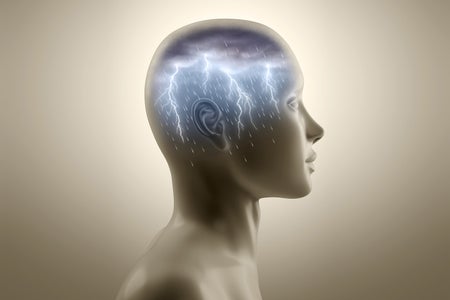
Can Weather Really Trigger a Migraine?
A neurologist explains why weather changes from heat waves to thunderstorms might bring on painful headaches
Curated by professional editors, The Conversation offers informed commentary and debate on the issues affecting our world.

Can Weather Really Trigger a Migraine?
A neurologist explains why weather changes from heat waves to thunderstorms might bring on painful headaches

Doctors Discover a Woman With Her Own Unique Blood Type
Newly discovered “Gwada-negative” is the rarest of 48 known blood groups
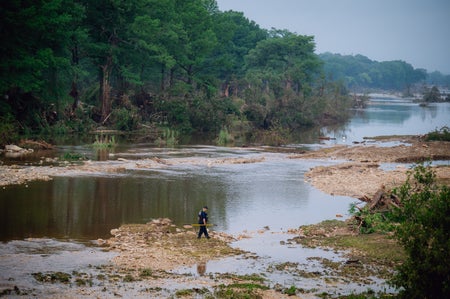
The Geology of Texas’ ‘Flash Flood Alley’ Explained
A hydrologist explains why Texas Hill Country is known as Flash Flood Alley and how its geography and geology can lead to heavy downpours and sudden, destructive floods

Air-Conditioning Can Surprisingly Help the Power Grid during Extreme Heat
Switching on air-conditioning during extreme heat doesn’t have to make us feel guilty—it can actually boost power grid reliability and help bring more renewable energy online

The Very Real Health Implications of Medicaid Cuts for Older People
For people aged 65 and older, Medicaid can provide vital health care—and losing coverage makes people sicker
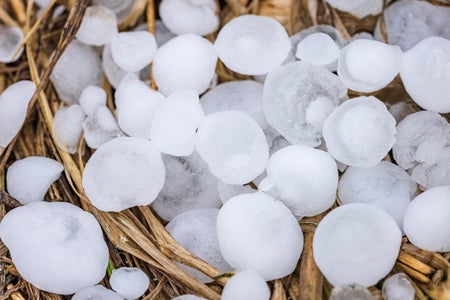
Larger, More Dangerous Hail Is Becoming More Common—Here’s Why
The largest hail tends to form in “supercell” thunderstorms and seems to be becoming more common as climate change continues

‘Agreeing to Disagree’ Is Hurting Your Relationships—Here’s What to Do Instead
Agreeing to disagree on too many topics can put a strain on relationships. Conversational tactics such as looping and reframing may help
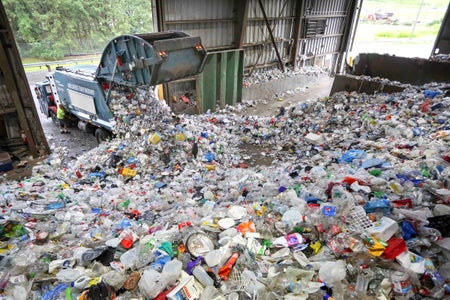
What Happens to the Plastic in Your Recycling Bin?
Much of the U.S. uses single-stream recycling, where plastic, glass and paper go into one bin. Here’s what happens to that material and ways engineering is trying to improve the process

Three Ways Pope Francis Influenced Global Climate Action
The late Pope Francis supported global climate agreements, advocated for Indigenous people and inspired activism
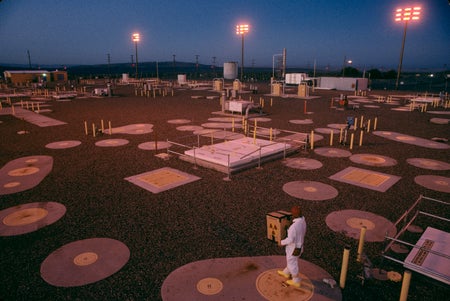
How Dangerous Nuclear Waste Is Stored in the U.S.
The decades-long struggle to find a permanent place to dispose of nuclear waste in the U.S. will continue, probably for many years to come

Why Social Media Screen Time Is So Bad for Sleep
Scrolling on social media at bedtime is particularly disruptive to sleep. Here’s why
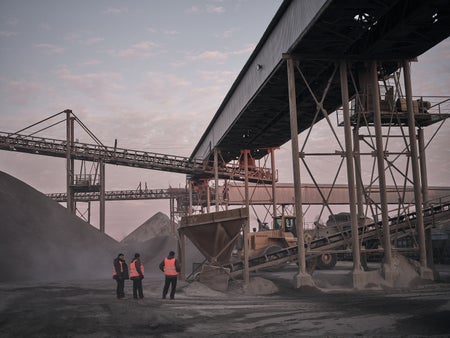
Ukraine Ceasefire Deal Relies on Critical Minerals That Will Be Difficult to Access
Critical minerals are in demand around the world for military, technological and other uses. A geoscientist shares what’s known about Ukraine’s reserves, which could help the country recover from war
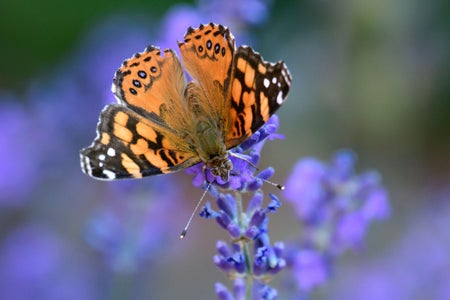
How to Help Butterflies That Are Disappearing
A new report finds that butterfly populations in the continental U.S. declined by one fifth between 2000 and 2020—but it’s not too late
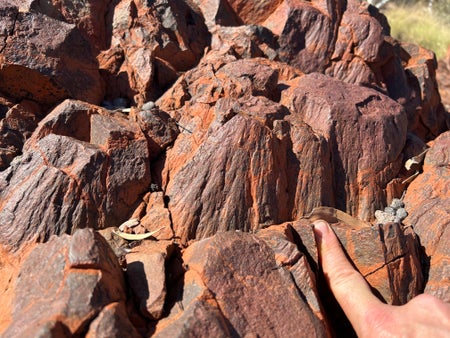
Earth’s Oldest Impact Crater Discovered in Australia
Scientists with a new theory about how Earth’s early continents formed predicted where a superold impact crater should be—then found it

Daylight Saving Time and Early School Start Times Cost The Economy Billions
The current system of daylight saving time and early school start times wastes billions while causing more car accidents, workplace injuries and health issues
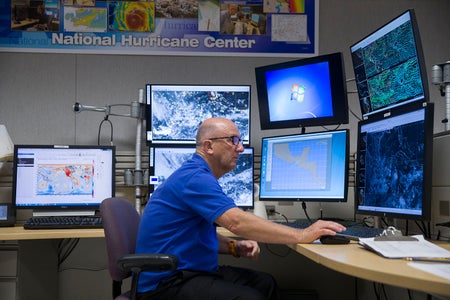
Why Private Forecasting Companies Can’t Replace the National Weather Service
NOAA and the NWS provide public weather data that private companies cannot recreate
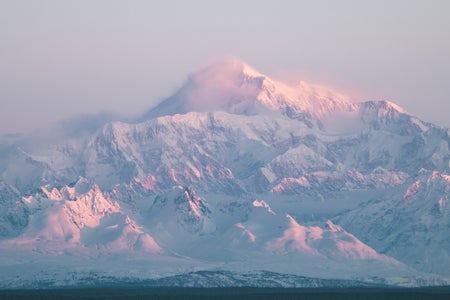
Can Trump Just Order New Names for Denali and the Gulf of Mexico?
A geographer explains how maps’ place names, such as the Gulf of Mexico and Denali, are decided

The Neuroscience of Severance: What’s Real? What’s Fake?
The hit show Severance can be refashioned as a teaching moment about certain brain disorders. But its famed “innie” versus “outie” conceit is totally bogus
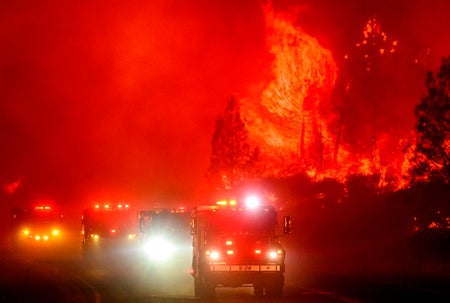
Wildfires Started by Daily Human Activities Are Often More Destructive
Fast-moving fires, such as the recent ones in the Los Angeles area, and those started by humans, whether accidentally or not, are often some of the most destructive
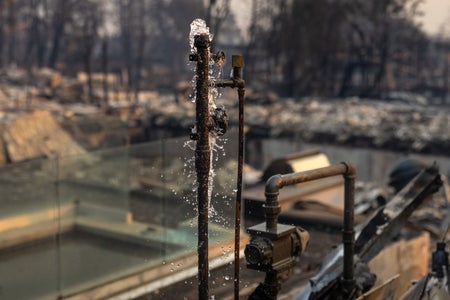
Wildfires May Be Contaminating Los Angeles Water with Harmful Chemicals
Fires can make drinking water, pipes and tanks unsafe. An environmental engineer explains why that’s so and what to do

Why Time ‘Slows’ When You’re in Danger
It seems like time slows in an emergency or in the heat of a sports match. Here are a few explanations for this altered perception
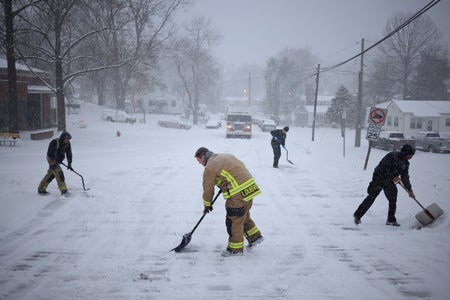
Frigid Temperatures Are Way below Normal This Week, but ‘Normal’ Is Getting Warmer
Blasts of Arctic air have brought frigid temperatures that are much colder than normal to parts of the U.S., but that “normal” background is warmer than in the past
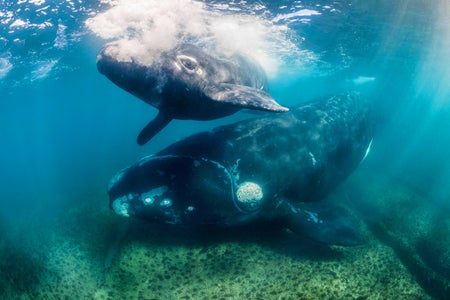
Some of These Whales May Live to 150—Double the Age Previously Thought
Bowhead whales were known to live up to 200 years, and a new study finds that southern right whales may live up to age 150 if they aren’t being hunted
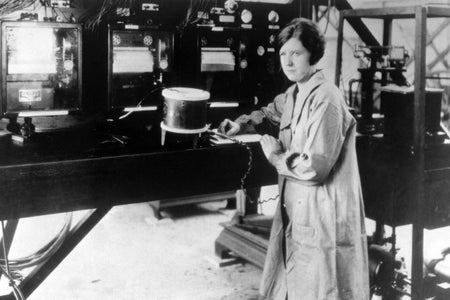
Meet Pearl Young, Who ‘Raised Hell’ at NASA’s Predecessor
Pearl Young joined the National Advisory Committee for Aeronautics in 1922, working across departments before becoming a technical editor